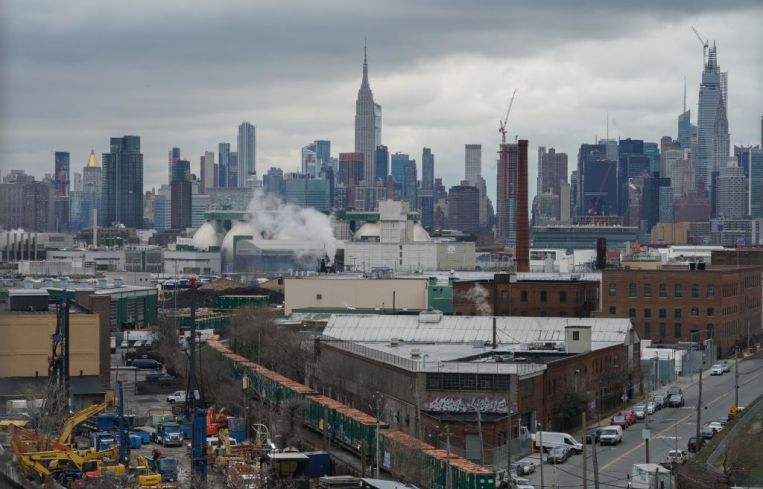No One’s Buying New York City Hotels Right Now
By Tom Acitelli September 1, 2020 7:44 am
reprints
The number of hotel trades in New York City dropped dramatically during the first half of the year as the coronavirus pandemic walloped the hospitality industry.
The number of such sales was down 70 percent compared with the first half of 2019, to a grand total of six in six months, according to a recent Real Estate Board of New York analysis. The average price was $48,992,413, representing a 37 percent annual decline. Meanwhile, total New York City hotel sales volume in the first half of 2020 dropped 81 percent, to $294 million, compared with the same period last year.
Now, investment sales in New York City in general fared poorly from January through July. The number of transactions was down 32 percent annually and the total sales volume sank 54 percent. Every sector that REBNY tracks suffered, including office and multifamily. And everyone knows why.
“We continue to see the devastating and long-lasting impacts the pandemic has had on the health and stability of the New York economy,” REBNY President James Whelan said in a statement.
Hotels have felt this devastation acutely. Stay-at-home advisories essentially ground the hospitality industry to a halt, and nearly all hotels in the city shuttered in March. Many have not reopened, and it’s likely some never will. A June analysis forecasted that New York City could lose as many as 1 in 5 hotel rooms, or 25,000, permanently to the coronavirus. On a wider scale, the American Hotel & Lodging Association is warning that one-fourth of hotels nationally could face foreclosure.
Yet hotels in the city are not yet ripe for plucking apparently, as the REBNY report on investment sales makes clear. To be sure, many investors are sitting on the sidelines awaiting the seemingly distant end of the COVID-related economic uncertainty. Many lenders are too.
Still, hotels present unique conversion possibilities that stores and modern offices do not. These include easier changeovers to assisted-living facilities, a growing part of the New York commercial real estate market, and to apartments or condos, always in demand in a city with notoriously high housing costs—at least unless there’s an exodus from Gotham.



